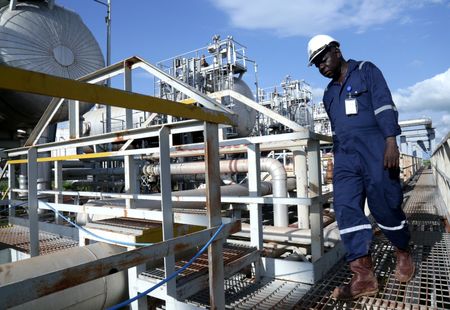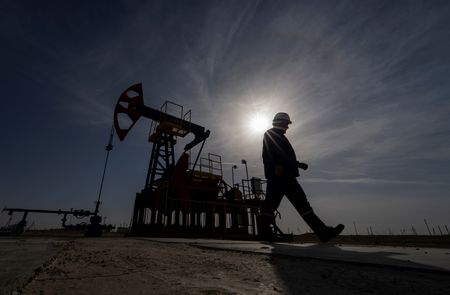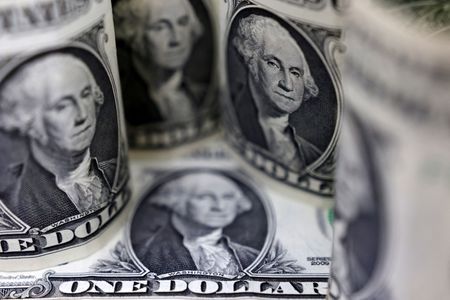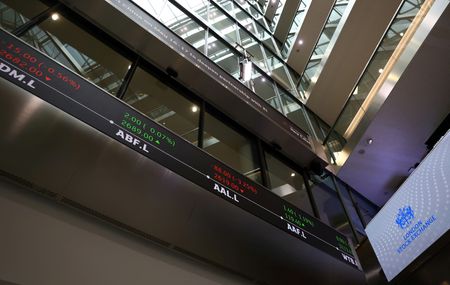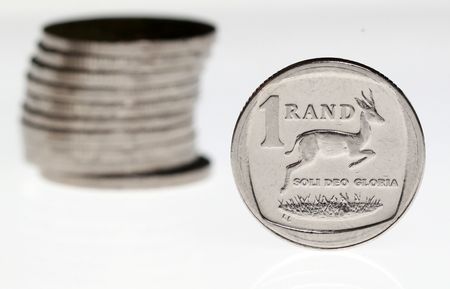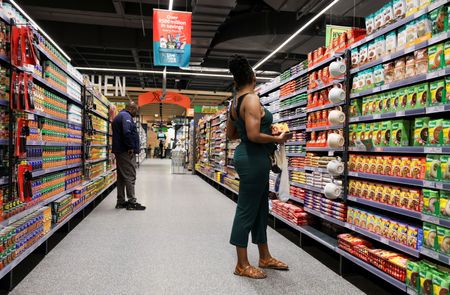By Julia Payne
LONDON (Reuters) -Nigeria’s state oil firm, NNPC, has asked trading firms for emergency supplies of gasoline to replace cargoes that were rejected because of their poor quality, two sources with direct knowledge of the matter said.
Megacity Lagos and the capital Abuja face fuel shortages, and over the weekend, queues built up outside some petrol stations.
NNPC was seeking about 500,000 tonnes of gasoline, one of the sources added. The sources spoke on condition of anonymity due to the sensitivity of the matter.
NNPC did not immediately respond to requests for comment.
The Nigerian Midstream and Downstream Petroleum Regulatory Authority said it found gasoline with methanol above national specifications in the supply chain and removed the fuel from circulation.
Methanol, in small amounts, is a regular gasoline additive.
The regulator said the supplier of the off-specification gasoline was known but it did not name the firm. It added NNPC had “intensified efforts at increasing the supply of petrol … to bridge the unforeseen supply gap.”
Nigeria depends almost entirely on imports to meet its domestic gasoline needs after many failed initiatives to revamp its dilapidated refineries. Daily gasoline consumption is roughly 40 million litres.
NNPC handles nearly all these imports through crude-for-fuel contracts, known as direct sale, direct purchase (DSDP), with consortia of local and foreign oil firms.
Each consortium receives 20,000 barrels per day (bpd) of crude oil in exchange for products, making the combined total about 320,000 bpd of Nigeria’s output. The West African nation and OPEC member produced about 1.5 million bpd of crude in January.
Cheap fuel is one of the few benefits the average Nigerian feels they get from the government, which sets price caps at the pump through a controversial and patchy subsidy scheme.
With soaring oil prices, the emergency stopgap will be costly. The International Monetary Fund (IMF) said on Monday Nigeria should axe subsidies due to a widening budget deficit.
(Reporting by Julia Payne in LondonAdditional reporting by MacDonald Dzirutwe and Fikayo Owoeye in Lagos and Rowena Edwards in LondonEditing by Barbara Lewis and Matthew Lewis)


